News & Media
SBL to ignite black business development
Unisa, on behalf of its Graduate School of Business Leadership (SBL), has signed a letter of intent with the National African Federated Chamber of Commerce and Industry (NAFCOC), committing the parties to work together. The agreements, signed during the 54th NAFCOC conference held recently in Durban, will see the SBL playing a key role in working with NAFCOC to transform the economy.
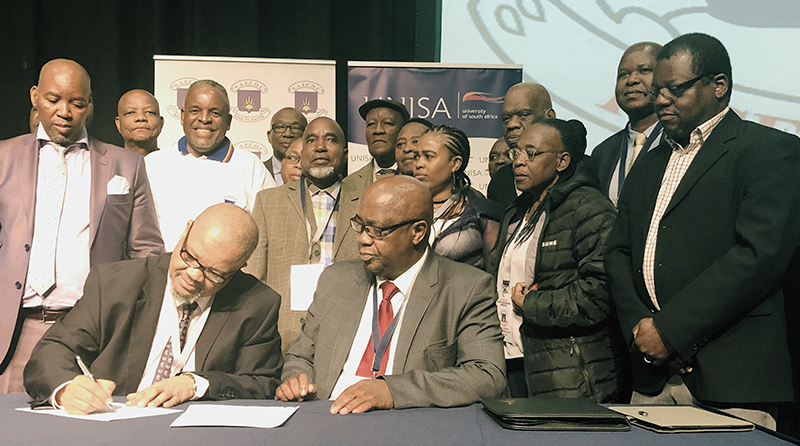
Prof Mandla Makhanya (Principal and Vice-Chancellor: Unisa) and Sabelo Macingwane (President: NAFCOC) sign a letter of intent.
The partnership will include but is not limited to the establishment of an entrepreneurship and local economic development (LED) academy at the NAFCOC premises in Soshanguve. The letter of intent was signed by Professor Mandla Makhanya, Unisa’s Principal and Vice-Chancellor, and newly elected NAFCOC President, Sabelo Macingwane.
NAFCOC aims to promote entrepreneurship and economic activities within communities focusing on local economic development and job creation through small and medium enterprises. “In order to further develop the entrepreneurship and local economic development concept, there is a need to create and formalise the institutions involved in training and developing entrepreneurs, the accreditation and evaluation of programs that could articulate to a formal qualification, closing the gap between formal academic qualifications and small medium enterprise skills that are critically needed to create jobs and grow the economy,” says Macingwane.
The VC, who was a keynote speaker at the conference, discussed the dire economic situation and outlined a ‘speedboat solution’ to address the issues, highlighting the role that higher learning institutions can play in partnership with business organisations such as NAFCOC. “We believe that one of the critical areas that is needed for our economy to grow is the development of sharp business skills that will position owners, managers, and employees to function optimally in an ever-changing global environment.”
Makhanya referenced The Global Competitiveness Report 2016/17 produced by the World Economic Forum, which identified an inadequately educated workforce as the third critical indicator among problematic factors for doing business. South Africa stood at number 47 out of 138 countries in that survey. “The 2017/18 survey for the same report placed the same indicator at number 8, with South Africa descending to number 61 out of 137 countries. This clearly points to the need for us as a country to addressing the need for business education.”
Prof Raphael Mpofu, acting SBL Executive Dean, says the Unisa School for Business Leadership offers flagship business qualifications that stand amongst the best, not only in the country, but on the continent. “The business school will focus on increasing the skills levels of NAFCOC members, both in business ownership and at management level. We will support NAFCOC in further researching, developing and consolidating learning activities in the SMME sector, and focus on the recognition of prior learning (RPL) experience through RPL programmes. There is also a need for the accreditation of lower level neglected skills and trades that are needed in the communities, for example, informal trading skills and security skills. These are concrete steps that we can take to strengthen small businesses and create meaningful economic change.”
*Submitted by Cilla Boucher
Publish date: 2018-12-10 00:00:00.0

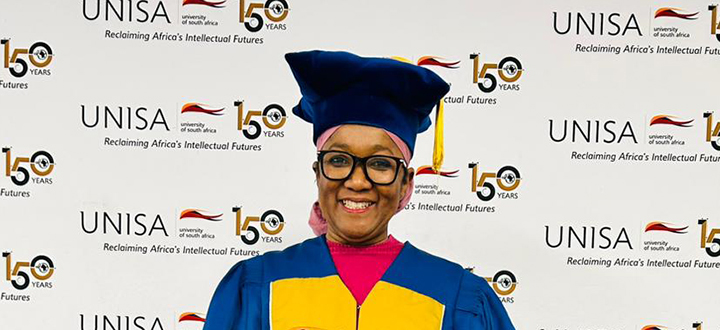 Unisa community engagement initiative targets school underperformance
Unisa community engagement initiative targets school underperformance
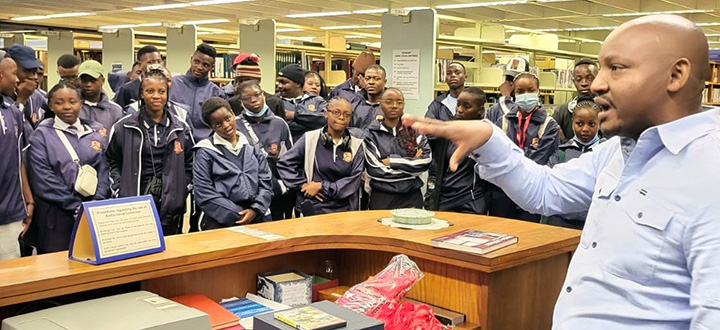 Library tour introduces learners to the wonderful world of Unisa
Library tour introduces learners to the wonderful world of Unisa
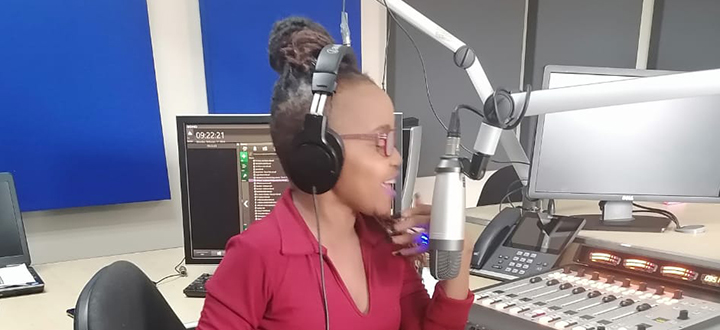 Unisa Radio volunteer wins prestigious community journalism award
Unisa Radio volunteer wins prestigious community journalism award
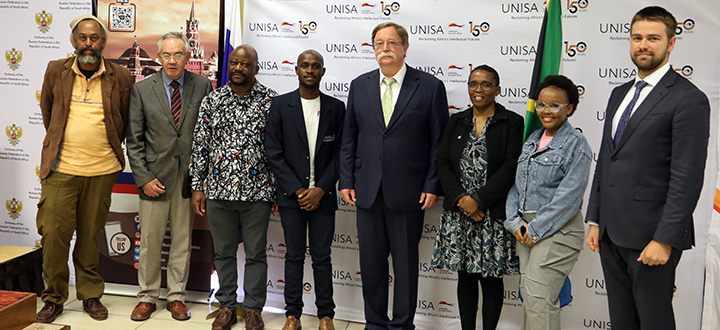 Unisa's student leadership engage with Russian ambassador
Unisa's student leadership engage with Russian ambassador
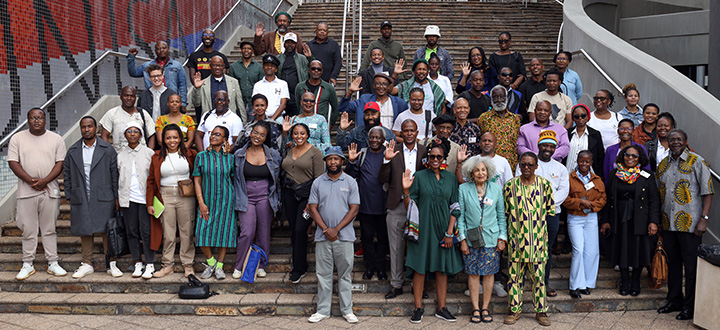 Re-igniting and re-imagining Pan Africanism, Afrocentricity and Afrofuturism in the 21st century
Re-igniting and re-imagining Pan Africanism, Afrocentricity and Afrofuturism in the 21st century